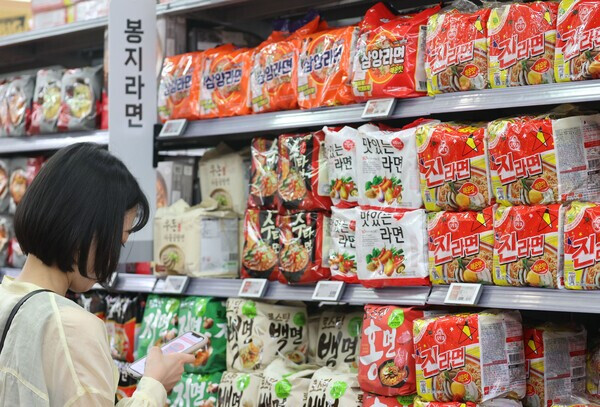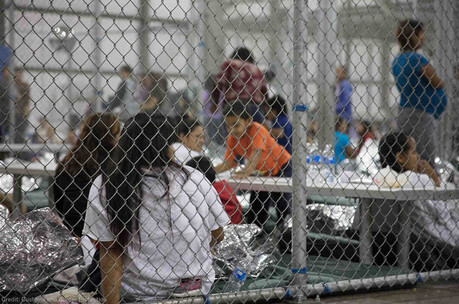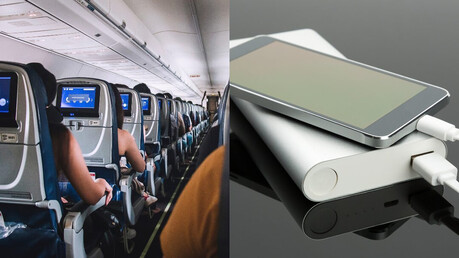
SEOUL—In a troubling sign for household finances, South Korea is experiencing a sharp rise in the cost of essential goods and services, pushing the burden on consumers to its highest point in years. According to recent data from Statistics Korea, the price of food and non-alcoholic beverages jumped by 3.5% in July compared to the previous year, marking the steepest increase in 12 months. This surge significantly outpaces the overall consumer price index (CPI) increase of 2.1%, highlighting a growing disconnect between general economic indicators and the tangible, day-to-day financial struggles faced by ordinary citizens.
The persistent inflationary pressure on food items can be traced to a combination of internal and external factors. Unpredictable and severe weather patterns, including prolonged heatwaves and heavy rainfall, have disrupted agricultural supply chains, leading to higher prices for fresh produce and grains. Simultaneously, a wave of increases in the factory-gate prices of processed foods, from instant noodles to snacks, has been passed directly on to consumers.
The impact is most acutely felt in kitchen staples. Prices for fish and seafood have seen a dramatic 7.2% hike, the highest in two years. Popular items such as dried squid, yellow corvina, and mackerel have recorded double-digit price increases, making a simple family meal a more costly affair. Similarly, the cost of bread and grains has escalated by 6.6%, a nearly two-year high, with the price of rice alone climbing by 7.6%. This is a particularly sensitive issue, as rice is a core component of the Korean diet, and its rising cost affects virtually every household.
The inflationary landscape is not confined to the grocery store. Public service costs, another key element of household budgets, are also on the ascent. The public service inflation rate has expanded to 1.4%, largely driven by a recent 7.0% fare increase for the Seoul metropolitan subway system. This rise, which added 150 won to the base fare, may seem modest on its own, but it translates into a substantial increase in fixed monthly expenses for millions of commuters.
Economists and public policy experts are sounding the alarm. Kim Sang-bong, an economics professor at Hansung University, noted that the recent increases in essentials like food and transportation are making life "more difficult" for low- and middle-income families, who are still grappling with the aftereffects of previous inflationary periods. He emphasized the need for a comprehensive government strategy to address both internal distribution networks and global supply chain vulnerabilities that contribute to price volatility.
The situation is poised to become even more challenging in the latter half of the year. The government is currently evaluating potential price hikes for key utilities, including electricity, gas, and railway services. If these increases are approved, they would add another layer of financial pressure on households already struggling to manage their daily expenses. For many, the current economic climate feels like a relentless "pocketbook squeeze," where rising costs on multiple fronts are eroding purchasing power and deepening financial anxiety.
[Copyright (c) Global Economic Times. All Rights Reserved.]






























